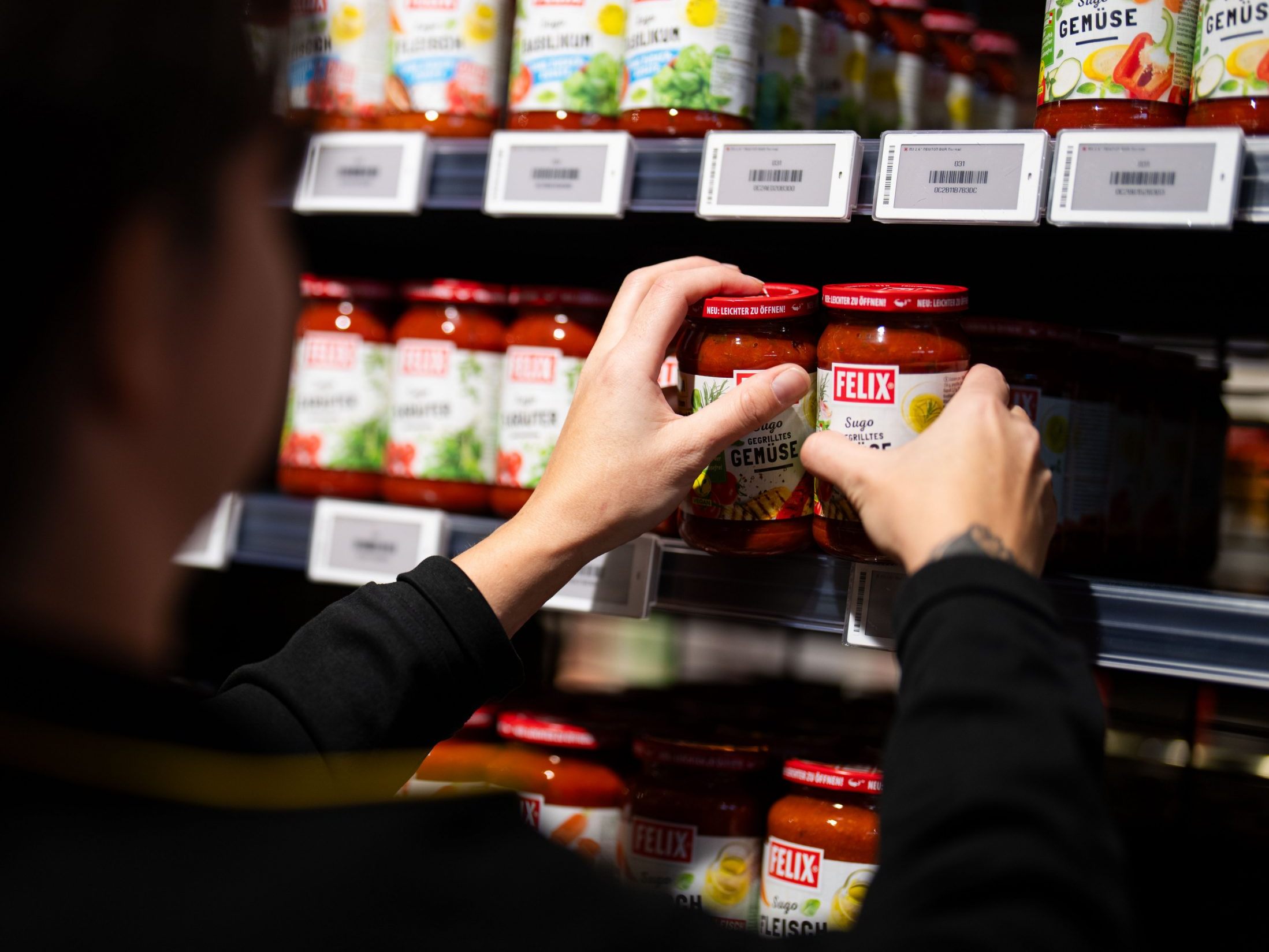BWB Chief: Reduction of Food Prices Through More Transparency

"There is not just one lever that I can pull, and then prices drop, but I have to take many measures to improve the situation," said the BWB Director General. Transparency measures, such as better price comparisons, could result in prices being up to 4 percent lower, said BWB Chief Harsdorf, referring to international studies. It is important to also consider the different purchase prices in the EU internal market. Energy prices influence the entire value chain and increase costs. The Competition Authority emphasizes the need to analyze the market structure, as energy suppliers are highly intertwined, which complicates competition.
Food Prices: Legal Framework for Price Comparison Platforms Demanded
Price comparison platforms need "a clear legal framework." Private initiatives often do not even know how they are allowed to obtain prices, noted Harsdorf. The supermarkets might also not have these real-time prices. "Of course, you would also need guarantees so that quality and regionality can be appropriately represented by these private initiatives." On the consumer side, there is a willingness for such a comparison platform. "It might not be less bureaucratic." Furthermore, the supermarket chains would then have to open an interface to their IT systems so that these comparison platforms could access them in real-time.
Proposals to strengthen competition among supermarket chains were already made by the BWB two years ago. "We have identified significant weaknesses in competition as well," said Harsdorf. The authority has made a number of recommendations to empower consumers - including increasing transparency. According to a survey, consumers actually wanted fewer promotions but more permanent low prices, "but that is, of course, only one component of transparency," said the BWB Chief.
Territorial Supply Restrictions with Consequences for Food Prices
Furthermore, the so-called territorial supply restrictions in the EU also played a role in the prices. An Austrian retailer cannot buy their goods from company "X" cheaper - for example, in Germany - but must buy them more expensively in Austria. Without these restrictions, which mainly affect smaller member states like Austria, Croatia, Slovakia, Czech Republic, and Luxembourg, food prices in Austria could be on average 8 percent cheaper, according to Harsdorf. There are studies on this. "I really see a difference whether I live in a small or a larger member state - and that really shouldn't be the case." It is important to address this at the EU level so that there is no competitive disadvantage for a single state.
The head of trade in the Austrian Economic Chamber (WKÖ), Rainer Trefelik, rejects the accusations from the Ministry of Social Affairs against food corporations, claiming they mislead their customers with discounts. There is generally "high transparency" in supermarkets, he emphasized on Friday in the Ö1 "Morning Journal," referring to weekly flyers and comparison options. He criticized that politics is trying to blame the food industry for the high inflation.
Food Prices: Trade Association Defends Itself
The managing director of the Trade Association, Rainer Will, also believes that the food trade is being unjustly attacked. "The accusation that the food trade is profiting from inflation is completely unfounded," Will stated on Monday in a statement to the APA. The profit margins in the food retail sector are currently heading towards 0.5 percent, and numerous independent retailers are in the red - there is therefore no factual justification for stigmatizing the trade as an industry. Government measures such as price comparison calculators or a price commission would only further thicken the existing bureaucratic jungle and increase costs.
"Our Austrian retailers currently have to pay up to 60 percent higher procurement prices depending on the product than German retailers," criticized Will, referring to the territorial supply restrictions. "This Austria surcharge is pure extra profit for the multinational branded goods industry." In recent years, EU authorities have repeatedly responded with fines for corresponding violations. The potential damage to European consumers is around 19 billion euros annually. "Therefore, we demand an immediate ban on territorial supply restrictions at the EU level - this would reduce end customer prices in the affected countries by an average of 7.6 percent at a stroke."
(APA/Red)
This article has been automatically translated, read the original article here.





